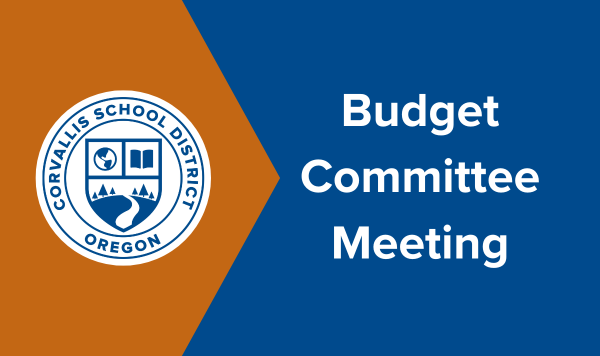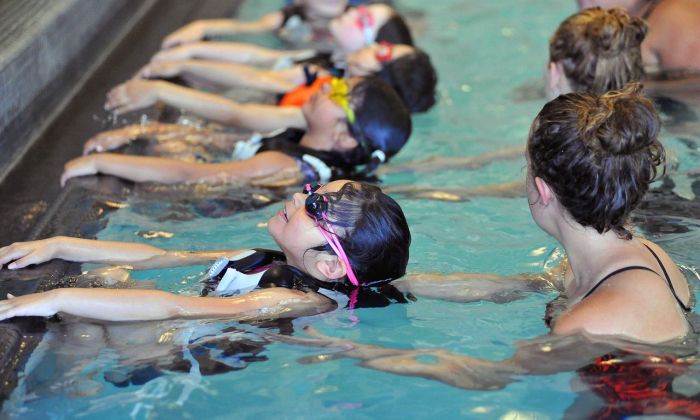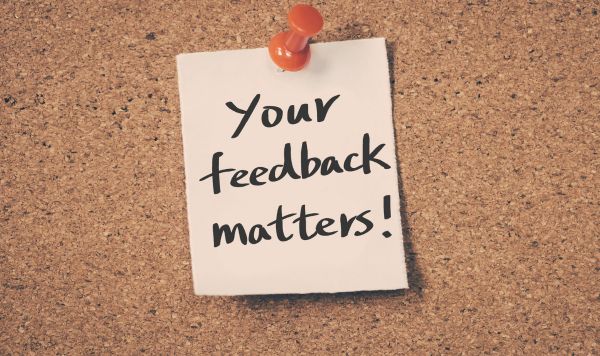Superintendent’s Update
Shared with the Corvallis School Board during the October 8, 2020 meeting
New Student Representatives to the School Board
I am pleased to welcome our high school student representatives to the school board. Our student representatives will share a brief report to the Board at each school board business meeting including important activities and events going on at their school and school, class, or community issues. Welcome to the following students:
College Hill: Jesse Martin and Sunitha Black
Corvallis High School: Ezra Hart and Kristen Moon
Crescent Valley High School: Kate Voltz and Calvin Carleski
College Planning Goes Virtual
October is traditionally college planning month at our high schools and next week is Student/Family Week, a combined initiative of Beyond CHS and Beyond CV staff. These virtual sessions will include learning about the Free Application for Federal Student Aid (FAFSA) and Financial Aid 101, OSU/LBCC Degree partnership, Western Undergraduate Exchange (WUE), and LBCC opportunities.
Students and families are asked to pre-register no later than 24 hours before the sessions they are planning to attend. Contact the high schools if you need assistance with signing up.
Decision to Postpone Return to In-Person Learning
Yesterday, in an email message to families, I shared that we will not be able to return to in-person learning on the timeline we had planned. We have been preparing for the safe re-opening of our schools and know that in-person learning is ideal, but we do not meet the metrics required to return on October 19. The next planned date to return to in-person school is January 4, 2021.
We wanted to share the January 4 date now to provide families with accurate information and to support a consistent routine for student health, wellness, and educational success. While our hope is that there will be advancements in fighting the pandemic, we also need to anticipate the virus will be with us for quite some time. Families and staff deserve a realistic outlook on where we are with COVID-19 as a community, state, and nation.
The following links provide the required metrics and the weekly county case rates published by the Oregon Health Authority.
ODE/OHA Criteria for In-Person Instruction (This link explains the required metrics.)
State and County Case Rates and Test Positivity (This link shows statewide metrics and information by county. Data is updated weekly.)
As we equip families for several more weeks of remote learning, we are centering on our most at-risk students with a focus on internet access, food security, and mental health and wellness. In the coming days, all families will be receiving a collection of grade-appropriate resources to support students and families during this period of virtual learning.
School Renaming Task Force
We are committed to creating a safe and inclusive space for our task force volunteers to participate in the renaming process. I will be bringing the School Renaming Task Force charter back to the board at the next meeting to revise one item in the “Procedures and Process” section. The current charter states that “All meetings will be open to the public to observe.” I will be changing the language as follows: “All meeting minutes will be made public as a mechanism for public review and input.”
Support for Students
Staff are working diligently to meet student and family needs including internet access, food insecurity, or mental health support. We are grateful to community organizations, donors, and the Corvallis Public Schools Foundation for their support of this work.
Indigenous Peoples’ Day
The board will be voting on a resolution tonight to recognize Monday, October 12, 2020, as well as the second Monday of October annually, as Indigenous Peoples’ Day in the Corvallis School District. This is an opportunity to recognize the histories and cultures of native American people and I encourage families, staff, and community members to join in existing local Indigenous Peoples’ Day celebrations including the OSU Facebook Live Event on Monday from 12 pm – 1:30 pm and the proclamation signing by Mayor Biff Traber at 5:30 pm.
Statement of Solidarity with Students, Staff, and Communities of Color
We believe that “Black Lives Matter” is fundamentally an affirmative social justice statement that aligns with our commitment to students and staff — Black, Brown, Indigenous, and other students of color — who have been historically underserved by the American educational system. It’s not only an acknowledgment of the disparities in our own system but a commitment that we will address and interrupt the disparities that persist for our historically marginalized students.
We will not stand by or be complicit to institutional disparities that perpetuate inequities for our Black, Indigenous, and Students/Staff of color. We are committed to building an educational system that addresses institutional racism and empowers, honors, and celebrates the cultures and identities of our diverse student population, empowering their voices and perspectives as shared partners in the educational system. As outlined in our district’s Educational Equity Policy, educational equity is based on the principles of social justice in allocating resources, opportunity, treatment and creating success for each student.
As a public school district, we honor and validate all viewpoints to the extent that they do not promote hate, racism, or discrimination of any kind. We believe that public schools have the ability to promote racial equity of underrepresented people without giving equal time to intolerance and ignorance and can specifically prohibit students and educators from using hate language or displaying hate symbols, as discussed in our Student Code of Conduct. In an effort to create a district culture of acceptance, authentic care, and connection free from language or symbols that are not in line with our district beliefs and values.
We want to be clear that we do not endorse any organized group or political campaign.
We support the State Board of Education’s recent passage of the Oregon Department of Education administrative rule referred to as All Students Belong. This administrative rule focuses on the health and safety of students and educators by creating a more inclusive and hate-free school climate. It also bans symbols of hate — including the swastika, noose, and confederate flag — from schools.
Equity in Action in Our Schools
We are committed to becoming an anti-racist school district, a system that creates policies, practices, and procedures to promote racial equity and that is committed to providing a culturally relevant, responsive, and inclusive environment for all students, especially our most marginalized.
We are committed to providing a learning environment in our virtual or in-person classrooms where all our students including our Black, Indigenous, and Students of Color can show up as their authentic selves and be proud of their language, ethnicity, race, and nationality. We are committed to creating learning environments where students can engage in critical thinking and discourse that promote safe spaces for students to learn from diverse perspectives and result in action that promotes equity and civil discourse in our schools.
For the 2020-21 school year, we will be engaging in further exploration of this work at every grade level in our district, starting with our youngest learners. This month our K-5 students will be introduced to the concepts of identity, diversity, race, and racism in an age-appropriate curriculum aligned with the Oregon K-12 Social Sciences Academic Content Standards and Oregon Ethnic Studies Standards (draft). This work continues in social studies classes at the upper grades, as we foster important conversations and create safe spaces for students to make sense of the world around them. For example, we’re living through one of the largest social movements in the history of our nation. To not allow students to discuss what they’re seeing in the Black Lives Matter and related social movements — as well as the various responses to those movements — would be a lost opportunity to engage in real-time, authentic learning.
We understand that these conversations are not occasions to promote or advocate personal values or beliefs regarding politics, religion, or other cultural issues. Our role as educators is to facilitate conversations about issues in a tolerant and inclusive environment as described in School Board Policy INB.
We want our classrooms — whether physical or virtual — to be welcoming spaces to all students. We recognize that students have a right to freedom of expression, as long as that expression isn’t substantially disruptive to the educational environment and doesn’t infringe on the rights of others to access their education.


